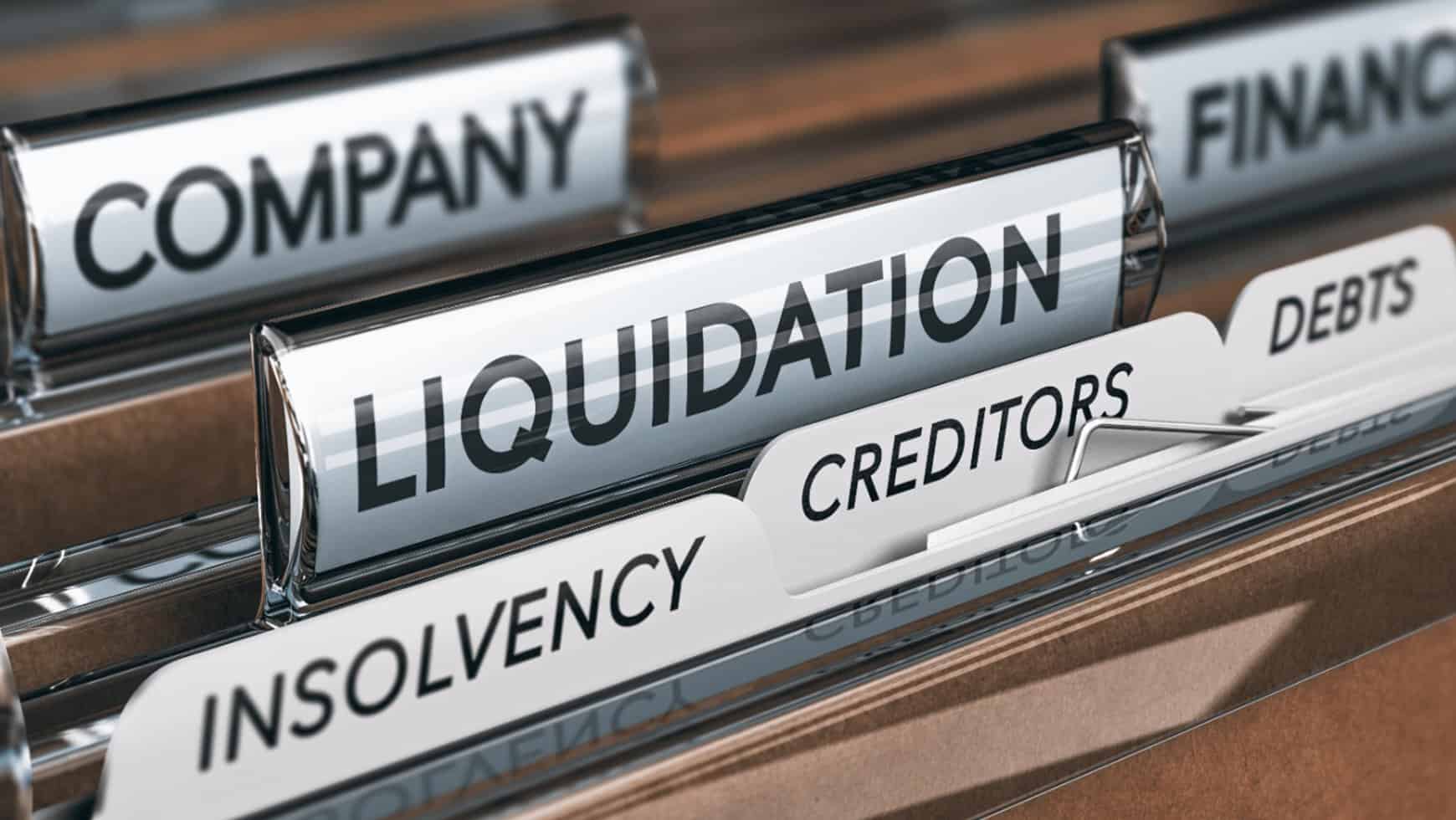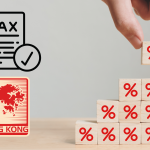Company Deregistration / Dissolution vs. Company Liquidation
The company laws in various jurisdictions around the world use different words to describe the closing down of a company. Often one can hear words such as deregistration, dissolution, but also words such as liquidation, striking-off or simply the closing down of a business.
In Hong Kong there are two main routes to close down a solvent private company limited by shares: deregistration and (voluntary) liquidation of a company.
The difference between deregistration and liquidation of a company
All terms being used in general are fine as they are used to describe the ending or winding up of a business, however the process and the legal impacts are quite different from each other.
Basically, when one has liquidated a company, it no longer exists. However, when one deregisters, dissolves or strikes off a company, the process can be revoked and the company can be ‘revived’ upon request of creditors, for example.
If the company’s latest audited financial statements are available and accounting records have been kept properly, both procedures usually take between 6 and 12 months to complete.
In general, a company must notify the Companies Registry, Inland Revenue Department and relevant licensing authorities when closing down its business.
Below we go more in-depth about the procedures for deregistration and liquidation.
Common reasons for closing a company
- Failure of the company to carry on business
- Company is no longer profitable
- Inability to pay its debts
- Falling out between shareholders
- Non-compliance with statutory requirements, including mismanagement of company affairs
- Corporate restructuring of the group to which the company belongs
Deregistration of a company
Deregistration is relatively simple to dissolve defunct private companies. The procedure is relatively inexpensive and quick for companies who meet certain specific requirements.
All shareholders of the company must agree to the deregistration when starting the procedure. It requires the company to have ceased business for more than three months or to never have started business or operation.
In case the company had already commenced business, deregistration is only possible if all assets have been collected and all liabilities have been settled. Should any creditors not have been repaid in full once the company is dissolved, the creditors can apply to the court to reinstate the company within 20 years of the deregistration.
The deregistration procedure mainly involves an application to obtain a Notice of No Objection from the Commissioner of Inland Revenue and the filing of the application with the Companies Registry (form NDR1).
The Companies Registry (CR) may request additional information or documents related to the application. When all documentation is in order, the CR will proceed to issue a Letter of Approval for the deregistration application within 5 working days and publish a notice in the Gazette.
There is a period of 3 months from publishing the notice, for anyone to file an objection. If the Registrar receives no objection, a final notice will be published in the Gazette and the company will be deregistered.
Until the company is deregistered, the company must still be compliant, including filing annual returns etc.
Upon company deregistration, all the company’s property (including credit balances in the bank account) will be deemed to be bona vacantia and shall vest in the Hong Kong Government. It is strongly advised to seek legal or professional advice to ensure the proper disposal of company property before applying for company deregistration.
Within 1 month of the deregistration date, the Business Registration Office of the Inland Revenue Department must be notified to apply for a cancellation of the Business Registration.
Liquidation of a company
Company liquidation in Hong Kong can be divided into:
- Voluntary Liquidation by Shareholders or Creditors
- Statutory Liquidation by the Court
Voluntary liquidation
Voluntary liquidation starts with a special resolution to be passed and publishing this in the Gazette within 14 days. The liquidation process starts on the date on which the resolution is passed.
From the liquidation commencement, the company must cease to carry on business and the directors’ powers will cease – both may continue if it is deemed necessary or beneficial by the liquidator. Any transfer of shares is void, unless it is sanctioned by or made to the liquidator.
There are a few conditions for voluntary liquidations as stated below.
Voluntary Liquidation by Shareholders
- Account book of the company is complete
- A majority of the shareholders have given consent through extraordinary resolution passed at the shareholders’ meeting
- The company is solvent
- A liquidator must be appointed to monitor and handle the whole liquidation process
Voluntary Liquidation by Creditors
- Account book of the company is complete
- The company is insolvent and can’t continue operation
- Creditors must appoint a company liquidator to monitor and handle the whole liquidation process
- The liquidator must be a Certified Public Accountant or a solicitor
Statutory liquidation
The Hong Kong Court can order a statutory liquidation for a Hong Kong company. The most common circumstances are:
- The company is unable to pay a debt of HKD10,000 or above
- The court finds it just and equitable that the company should be liquidated
- The company has, by special resolution, resolved that the company should be liquidated by the court.
The liquidation of the company is deemed to have started once the liquidation petition is filed in court. The company itself, its creditors, the Company Registrar or the Official Receiver can be petitioned for liquidation.
The court will delegate a liquidator and the Official Receiver may act as a temporary liquidator.
Disposition of company property, transfer of shares or status alteration of company shareholders is void from the moment of commencement – unless the court orders otherwise.
How HKWJ can help
In practice, most Hong Kong limited companies are closed down by means of a deregistration process rather than through liquidation.
Closing a company in Hong Kong requires expert knowledge and compliance with several statutory requirements. It is strongly advised to engage professional or legal advice to provide you with appropriate guidance when closing a Hong Kong company.
We can provide the relevant support with a view to having the company closed down within the shortest time and assist in the following:
- preparing the audited financial statements and profits tax filing for all the required years (usually up to the date of cessation of business) and submitting them to the IRD;
- applying and obtaining a ‘Notice of No Objection to a Company being Deregistered’ with the IRD;
- handling the tax enquiries raised by the IRD, if any;
- preparing the relevant resolutions and required forms for submission to the Hong Kong Companies Registry in respect of the closing down of a company; and
- following up closely with the IRD and the Hong Kong Companies Registry to expedite the process.
Together with our sister company Triple Eight, we can assist the creditor, shareholder or the company itself to instigate the winding up process.






